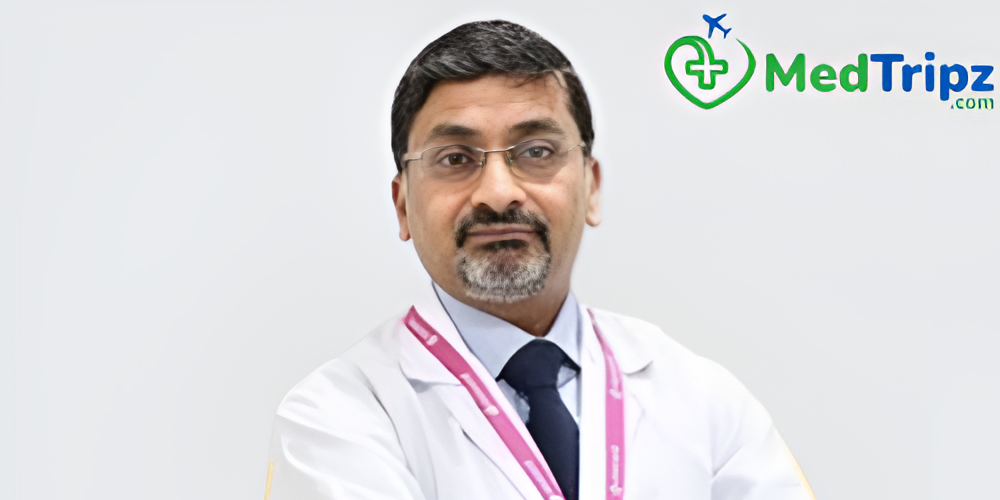Procedure Type
SurgicalProcedure Duration
3 - 4 HoursHospital Stay (Days)
7 - 10 daysAortofemoral bypass surgery is a major vascular operation designed to restore blood flow to the lower body when large arteries, such as the aorta and femoral arteries, are blocked or narrowed. These arteries are crucial for supplying blood to the legs and pelvis. The procedure involves creating a bypass using a synthetic graft, connecting the abdominal aorta to the femoral arteries in the groin, bypassing the diseased portions. It is often used to treat advanced peripheral artery disease (PAD) or aortoiliac occlusive disease that causes significant leg pain, non-healing ulcers, or threatens limb survival.
You may need aortofemoral bypass surgery if you are suffering from severe arterial blockage in the lower abdominal aorta or iliac arteries, resulting in symptoms like intermittent claudication (pain in the legs while walking), critical limb ischemia, skin ulcers, or even gangrene. When non-surgical treatments like medications, angioplasty, or stents are not effective or suitable, bypass surgery becomes the recommended option to restore adequate circulation and prevent limb loss.
Performed under general anesthesia, the surgery involves an abdominal incision to access the aorta and smaller incisions in the groin to reach the femoral arteries. A synthetic graft, typically made of Dacron, is sewn into the healthy part of the aorta and then attached to both femoral arteries. This new route allows blood to bypass the blocked segments and flow directly to the legs. The procedure generally takes 3 to 5 hours and requires a hospital stay of about a week.
Recovery after aortofemoral bypass surgery is more intensive compared to less invasive procedures. You’ll spend the first day or two in the intensive care unit (ICU) for close monitoring. Pain, fatigue, and limited mobility are expected during the early days, but walking and light activity are encouraged as soon as possible to promote circulation. Full recovery may take 6 to 8 weeks, during which you'll gradually return to your regular activities with improvements in leg strength and endurance.

Chairperson Heart & Lungs Transplant - CTVS

SENIOR DIRECTOR CARDIO THORACIC VASCULAR SURGERY

Director MBBS, MS (General Surgery), M.Ch (CTVS)
While the surgery has high success rates, it also carries some risks due to its invasive nature. These may include infection, bleeding, blood clots, lung complications, graft blockage, and in rare cases, heart attack or stroke. People with diabetes, kidney disease, or other chronic conditions may face increased risk. However, in many cases, the long-term benefits outweigh the risks, particularly when limb preservation is at stake.
Aortofemoral bypass surgery has an excellent track record for relieving symptoms and restoring blood flow. Studies have shown that the grafts remain open (patent) in 80–90% of patients even 5 years after surgery. Many patients regain the ability to walk longer distances, heal chronic wounds, and avoid amputation. The key to long-term success lies in good follow-up care and lifestyle changes that help protect vascular health.
This surgery is typically recommended for individuals with extensive blockages in both legs who are otherwise in good general health and able to tolerate major surgery. It is best suited for patients who have not benefited from less invasive treatments and who have a reasonable life expectancy. The procedure is generally avoided in patients with severe heart, lung, or kidney disease unless absolutely necessary.

New Delhi, India

Faridabad, India

Hyderabad, India
Honest Guidance, Reliable Support, Seamless Journeys.
Provide Us
Reports


Get Medical
Opinions


Pre-Arrival
Arrangements


Visa
Support


Assistance in
Treatments


Fly back and
Follow Up

